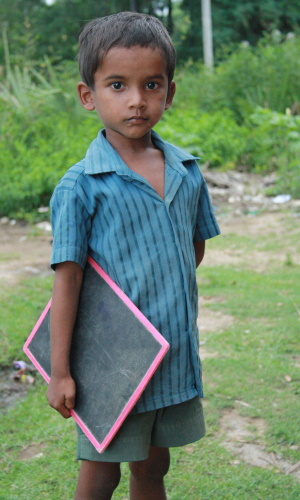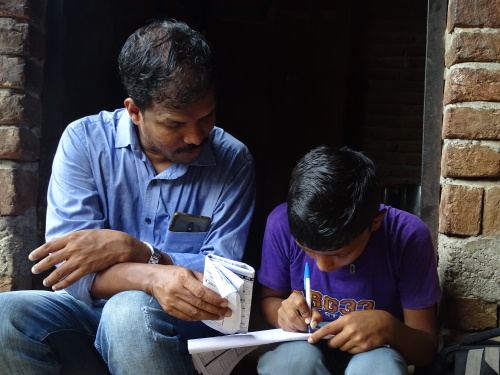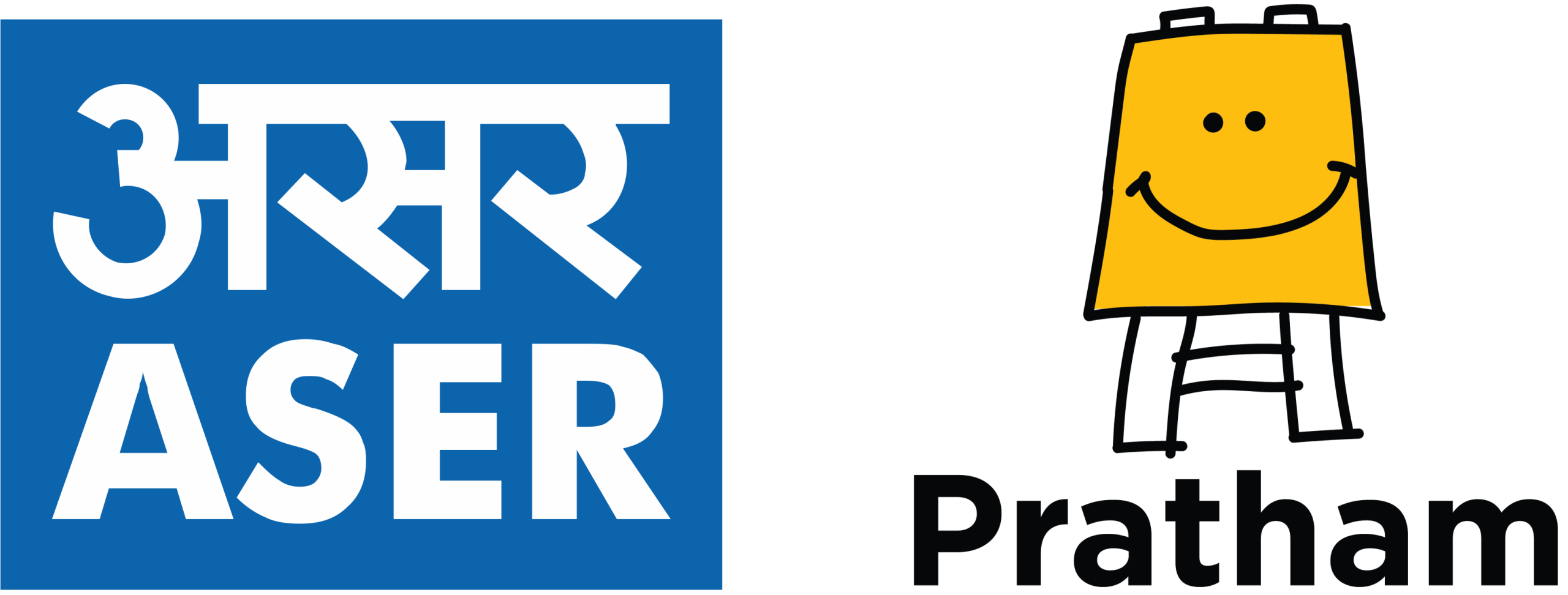Citizen-led, household based assessments around the world
People’s Action for Learning (PAL) Network
The ASER model of citizen-led, household-based assessment initiatives that began in India in 2005 led over time to the conceptualisation of the ‘Citizen-Led Assessment’ (CLA) model that follows a set of common core principles that are adapted to the requirements of implementing countries. Over the years, CLAs have been designed and implemented at scale in a number of countries in Asia, Africa, and Latin/South America. Using basic reading and arithmetic tasks, these countries have begun to assess for themselves what their children are able to do. This initiative has grown organically and in 2015, The People’s Action for Learning (PAL) Network was established to coordinate and support the work of organisations implementing CLAs across the world.
By 2022, PAL members comprised a community of member organisations in 15 countries working across three continents to assess the basic reading and numeracy competencies of all children, in their homes, through annual citizen-led assessments. This document on ‘Citizen-led basic learning assessments for children’ provides a brief overview and side-by-side comparison of the scale, scope, and key findings of these initiatives.



South Asian Assessment Alliance:
Communication and Collaborating for Change
The project covers Afghanistan: KHANA; Bangladesh: Wave Foundation; Myanmar: Ashoka; and Nepal: ASER Nepal

